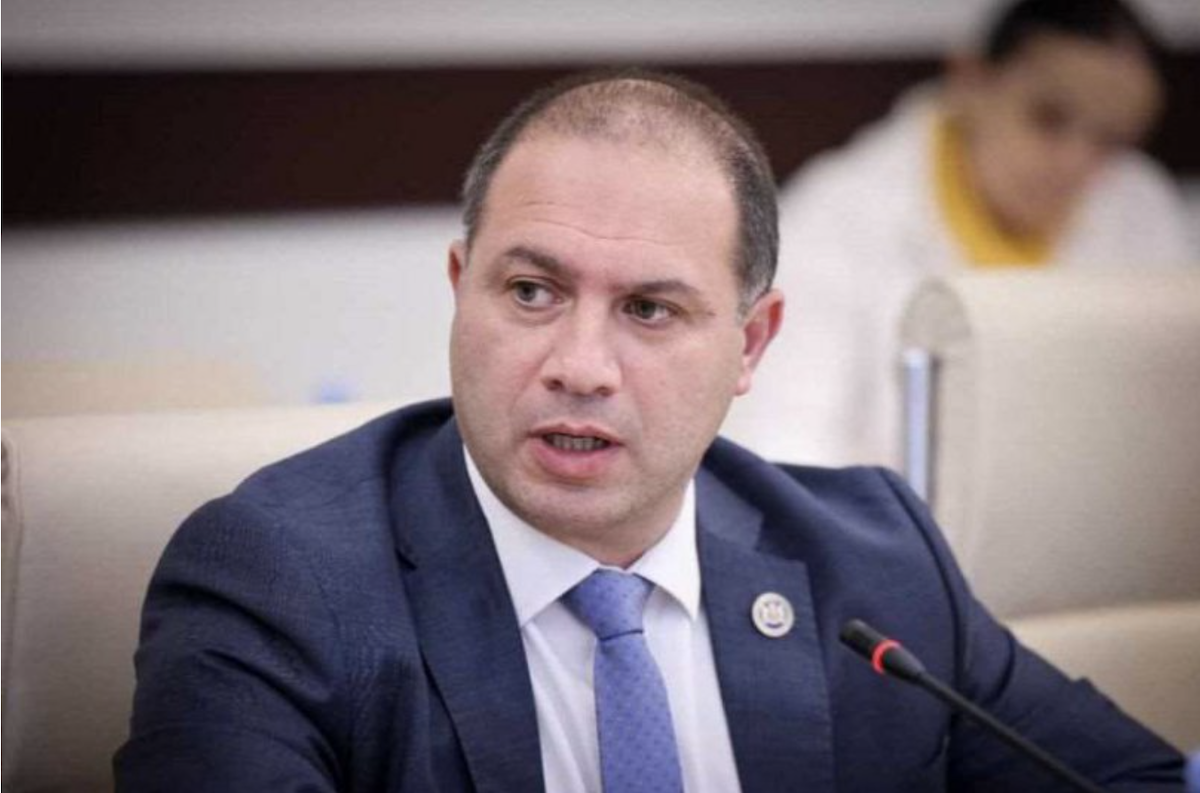Old men in our homes
For generations the Soviet people have been living on the promise of the secured old age, justifying shortages and hard labor. Pension meant stability then.
Pensioners in Eastern European countries – what their life is like 25 years after the Soviet Union collapse? The joint project of the journalists from Armenia, Azerbaijan, Georgia and also Ukraine, Russia, Belarus and Moldova.
Azerbaijan
- Number of pensioners: 1 2999 946 (13 % of the population)
- Pension age: 63 for men, 60 for women
- Average age pension – 177 manats [95 euro], maximum for the National Heroes of Azerbaijan – 1 300 [715 euro]
The pensioners polled state the following expenses:
- 30 manats – utility payments and telephone
- 10 – expenses on transport
- 20 – household chemicals (soap, shampoo, laundry detergent etc.)
- 20 – basic medicines
The rest – 90 manats [50 euro] is to suffice to buy food for a month and pay for minor household needs, like fixing the running tap.
Expensive medical aid or purchase of household appliances demand the relatives support.
Most of the single men and women of old age live beyond the poverty line.
Nushaba Akperova spent 37 years of her life working as a carpet weaver. Her family used to do fine at the time. She raised her children and then helped raise her grandchildren. Now, however, her family has been struggling, and she’s been struggling more than any of them. She’s lost her teeth and needs a denture, however her pension is by far not enough to pay for it.
Armenia
- Number of pensioners: 451 900 (15% of population)
- Pension age: 65 for men, 63 for women
- Average pension – equivalent to 90 euro (since 2015)
The pensioners polled claim they have to spare electricity, gas and water. Heating an apartment with gas costs 20-25 thousand drams [40-45 euro], electricity and water – [15-25 euro].
Medicine cost on average 30 euro a month. Serious health problems demand third-party help. Old people complain, that with what is left for food they can afford meat, fish or chicken only once a month.
Shogik Alekyan worked as a postman for 48 years. “My pension is such that one visit to a drugstore is all I can afford.”
Georgia
- Number of pensioners: 867 000 (22% of population)
- Pension age: 65 for men, 60 for women
- Average pension: eqivalent for 70 euro
Over 20% of pensioners live in mountainous regions and receive higher pensions – equivalent to 80 euro, and are illegible for certain benefits. Retired MPs also receive higher pensions equivalent to 208 euro.
The pensioners polled claim they spend 13 euro a month on utility payments and 15 euro minimum on medicines. The Georgian pensioners are illegible for state sponsored insurance. It does not cover the cost of medicines, but is very helpful in case of expensive operations, covering up to 90% of the costs.
From October 2017 the authorities plan to introduce the storage system in accordance with the best international practices. The basic part of the pension (the present pensioners included) is due for indexation on a yearly basis. The storage part is to be supplemented both by the employers and the employees.
According to the plan, the system will benefit those, who become pensioners in 10-15 years. The present pensioners can rely solely on indexation.
This short video tells the story of Vladimir Zangurashvili, 82. He prides himself on having led an interesting life once, and having enjoyed some fame as an engineer whose invention – a gas heater – used to be produced on an industrial scale in Georgia. Today, however, he has little to boast of: he lives in a tiny basement room, depends on food handouts from a local charity and cannot afford to buy all the medicines he needs.
Other post-Soviet countries (brief information):
Ukraine
- Number of pensioners: 12 000 297 (29% of population)
- Pension age: 65 for men, 60 for women
- Average pension –euivalent to 61 euro, the lowest in Europe
Former government high-rankers are eligible for higher pensions.
With the 5.2 bln euro budget deficit the pension system in Ukraine is de-facto bankrupt
Russia
- Number of pensioners: 42 729 000 (30% of the population)
- Pension age: 60 for men, 55 for women.
- Average pension: equibalent to 180 euro (34% of an average salary)
Former officials and law enforcement employees pensions might be twice as higher.
The old people spend up to a half of their pensions on utility payments and medicines. Up to 30% of the pensioners in Russia keep on working.
Belarus
- Number of pensioners: 2 500 000 (23% of population)
- Pension age: 60 for men, 55 for women. Since January 2017 – 63 for men, 58 for women
- Average pension: equivalent to 140 euro.
Utility payments make for 10% ofexpenses without telephone and Internet bills.
Then come the medicines, accounting for 30-50% of the pensioners expenses in Belarus.
25% of the pensioners are still employed, and they are mostly women.
Moldova
- Number of pensioners: 700 000 (17% of the population)
- Pension age: 62 for men, 57 for women
- Average pension: equibalent to 60 euro
The minimum pension in Moldova – quivalent to 32-36 euro. Approximately 10% are eligible for higher pensions. Many older people receive also allowance for heating, reaching 16 euro this year.
Contributors: Olga Bulat, Kim Voronin, Georgy Zedginidze, Artyom Martynovich, Natalia Marshalkovich, Gayane Mkrtchyan, Nadiya Apenko, Yuri Petrushevsky, Vladislav Sorokin, Anna Storm, Maxim Eristavi – in the framework of the Russian-speaking Media Network for Eastern Europe.



















